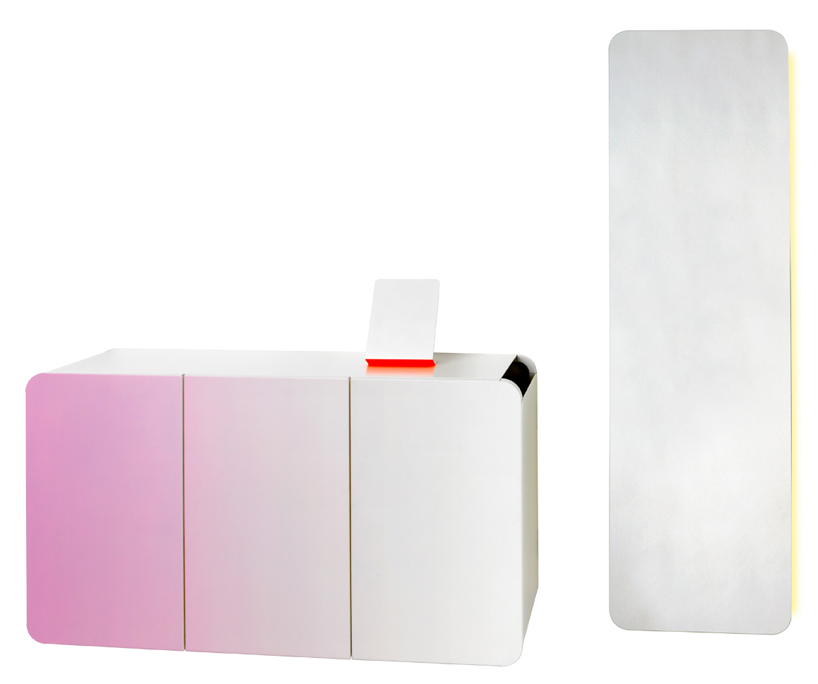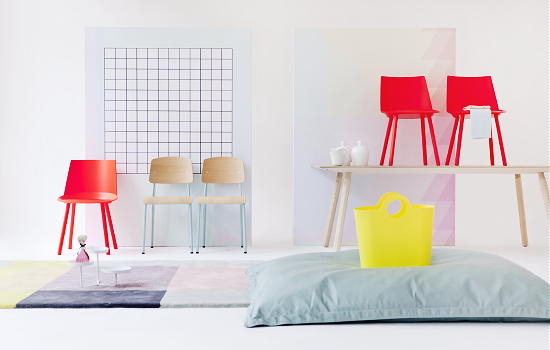| experimental ecologic fields (of spelt) at Dybbøl Banke |
What we often call a food allergy is in ¾ of the cases more likely a digestive problem. Our biological body is still in stone-age mode. Our DNA, genes and enzymes do not adjust that quickly, this puts many food-allergies into a different light.
For example milk. ¾ of people both Western and Asian lose their ability to digest lactose after infant years, yet we keep drinking/consuming dairy products and in parallel develop lifestyle diseases like allergies and intolerances.
Also modern man is having obvious problems fitting his eating habits to the modern lifestyle habits. We are over-eating, our instinct tells us to crave fat, salt and sugar, whenever we go into a traditional (deprivation) diet, the body goes into a so-called survival mode; that is it conserves it’s depots, and that makes it very difficult to burn fat and lose weight.
Stone-age mode also impacts the brain; we have a so-called warrior gene that can have significant impact on how a person reacts in a stress situation. Appx. 1/3 of men has this gene and takes more risk and is more likely to react in an aggressive manner. We like to think that it is possible to teach people to change their behavior, but if your genes are not made for it, then obviously training will be less impactful. In many instances our brain still makes decision in hunter-fashion, to survive.
When we will be able to de-code our DNA’s we will have a much more objective, deep and comprehensive understanding of our biological selves, and we will be able to diagnose and intervene in a much more targeted manner. At CES in Las vegas Ion Torrent Systems launched the Proton Ion Sequencer. The table-top like printer promises to read a humans DNA in one day for 750 euro.
 |
| Proton Ion Sequencer |
 |
| Proton Ion Sequencer |
This will open completely new possibilities for understanding our psychological disorders and making effective plans for how to treat or deal with these as well as composing targeted effective healthy diets. Maybe finally Nurture can now get perfectly tuned to Nature.
This article was published in edited form in Philips Design New Value News Design Trends column in March 2012.











